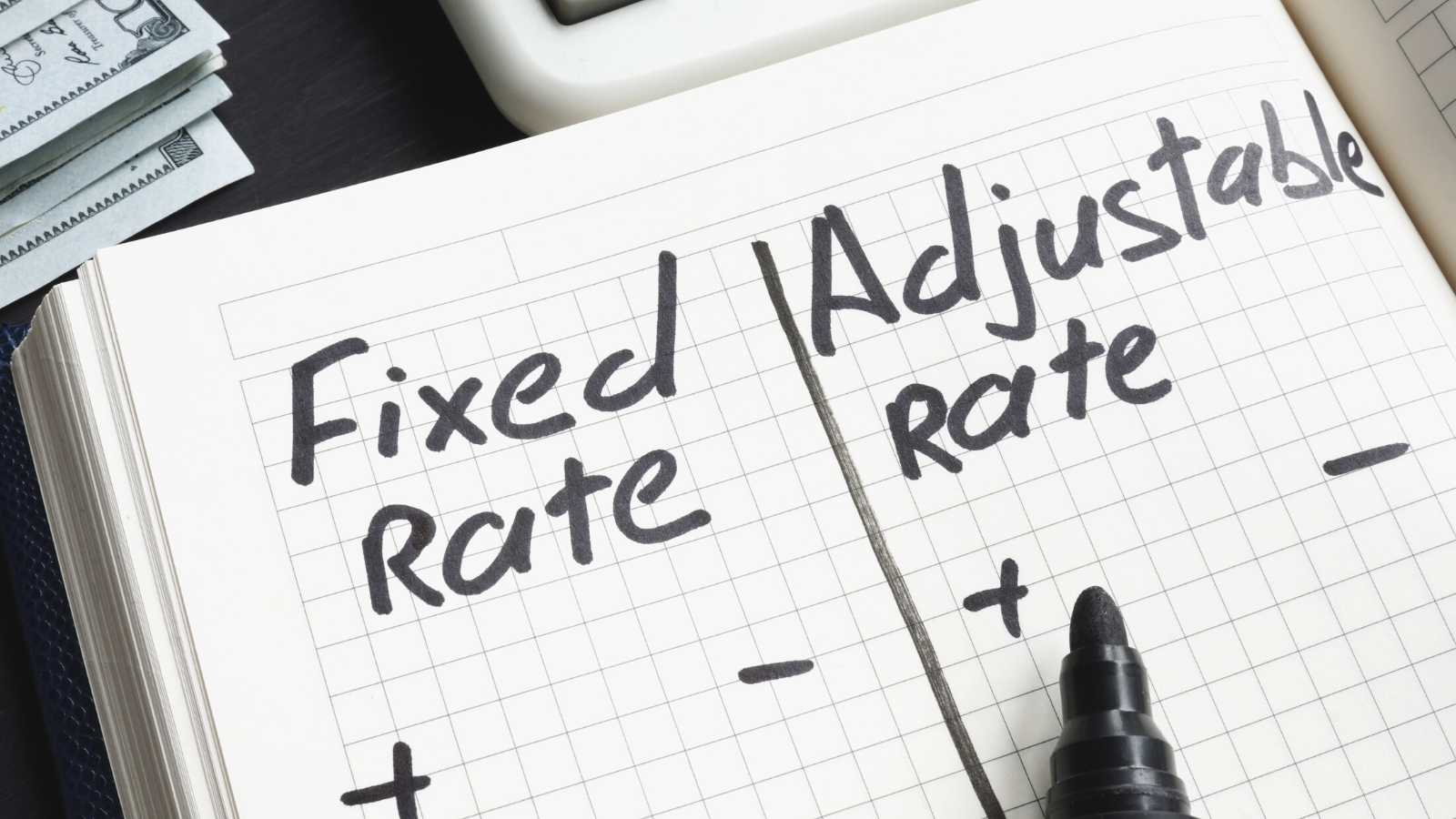Selecting the ideal mortgage is a pivotal decision in the homeownership journey, especially when considering the services of a mortgage broker in Sydney. The financial landscape presents a myriad of options, each carrying its unique advantages and drawbacks.
In this all-encompassing guide, we’ll explore the nuances of fixed-rate and adjustable-rate mortgages, aiding you in navigating the complexities of the mortgage market with the expert assistance of a mortgage broker in Sydney.
Introduction
In the vast sea of mortgage options, the choice between a fixed-rate and adjustable-rate mortgage can significantly impact your financial stability. This article aims to demystify these options, offering insights and guidance to empower you in making an informed decision.
Understanding Fixed-Rate Mortgages
Definition and Features
Fixed-rate mortgages provide a stable interest rate throughout the loan term, offering predictability in monthly payments. This section explores the fundamental features that distinguish fixed-rate mortgages from other options.
Pros and Cons
While the stability of fixed-rate mortgages is appealing, it’s essential to weigh the pros and cons before committing to this long-term financial arrangement.
Long-term Stability
Discover the advantages of long-term stability and how fixed-rate mortgages can provide a sense of security in an ever-changing economic climate.
Exploring Adjustable-Rate Mortgages
Definition and Features
Adjustable-rate mortgages, on the other hand, offer flexibility with interest rates that may change over time. Delve into the features that make adjustable-rate mortgages a dynamic option.
Pros and Cons
Explore the benefits and potential risks associated with adjustable-rate mortgages, understanding the trade-offs involved in choosing a variable interest rate.
Flexibility and Risks
Uncover the flexibility that adjustable-rate mortgages provide and learn about the risks that come with market-driven interest rate
fluctuations.
Factors Influencing Your Decision
Financial Goals
Aligning your mortgage choice with your financial goals is crucial. This section guides you in assessing your objectives and understanding how they correlate with fixed and adjustable rates.
Market Conditions
Stay informed about market conditions and how they can impact the affordability and feasibility of fixed and adjustable-rate mortgages.
Duration of Homeownership
Consider the duration of your homeownership journey, as it plays a pivotal role in determining the most suitable mortgage option for your needs.
Making an Informed Decision
Comparing Fixed and Adjustable Rates
A side-by-side comparison helps you visualize the differences between fixed and adjustable rates, aiding you in making a well-informed decision.
Assessing Personal Financial Situation
Understand the importance of assessing your financial situation thoroughly and how it contributes to choosing the right mortgage for you.
Seeking Professional Advice
Navigate the complexities of mortgage decisions with the guidance of professionals who can provide tailored advice based on your unique circumstances.
Real-life Scenarios
Case Studies of Individuals Choosing Each Option
Real-life scenarios provide practical insights into how individuals have navigated the choice between fixed and adjustable-rate mortgages.
Outcomes and Lessons Learned
Learn from the experiences of others, gaining valuable lessons that can inform your decision-making process.
Addressing Common Myths
Dispelling Misconceptions about Fixed-Rate Mortgages
Separate fact from fiction by debunking common myths surrounding fixed-rate mortgages.
Clarifying Doubts about Adjustable-Rate Mortgages
Address concerns and doubts about adjustable-rate mortgages, providing clarity on misconceptions that may sway your decision.
Tips for Negotiating Terms
Understanding Interest Rates
Gain insights into negotiating interest rates and understanding how small adjustments can have a significant impact on your overall mortgage.
Negotiating Closing Costs
Learn effective strategies for negotiating closing costs, ensuring that you secure the most favorable terms possible.
Reading the Fine Print
In the realm of mortgage brokerage, meticulous attention to detail is paramount. This section underscores the significance of thoroughly reviewing the fine print to sidestep unforeseen surprises in the future.
The Future of Your Mortgage
Refinancing Options
Explore refinancing options and understand how they can play a role in adapting your mortgage to changing financial circumstances.
Planning for Changes in Financial Circumstances
Anticipate future changes in your financial situation and plan accordingly, ensuring that your mortgage remains aligned with your evolving needs.
Conclusion
In conclusion, the decision between a fixed-rate and adjustable-rate mortgage is a crucial choice that demands thoughtful consideration, especially when seeking guidance from a mortgage broker in Sydney.
By grasping the intricacies of each option and evaluating your individual circumstances, you can embark on your homeownership journey with assurance, confident that you’ve selected the mortgage option perfectly tailored to your financial puzzle with the support of a trusted mortgage broker in Sydney.
Frequently Asked Questions
Q: Can I switch from a fixed-rate to an adjustable-rate mortgage or vice versa?
A: Yes, in some cases, refinancing allows homeowners to switch between mortgage types.
Q: How do market conditions affect adjustable-rate mortgages?
A: Market conditions can lead to fluctuations in interest rates, directly impacting adjustable-rate mortgages.
Q: What is the typical duration of a fixed-rate mortgage?
A: Fixed-rate mortgages often have terms of 15, 20, or 30 years, offering long-term stability.
Q: Are there caps on interest rate adjustments for adjustable-rate mortgages?
A: Yes, adjustable-rate mortgages usually have caps to limit the extent of interest rate adjustments.
Q: How often do adjustable-rate mortgages experience interest rate changes?
A: The frequency of interest rate changes can vary, typically occurring annually or semi-annually.
